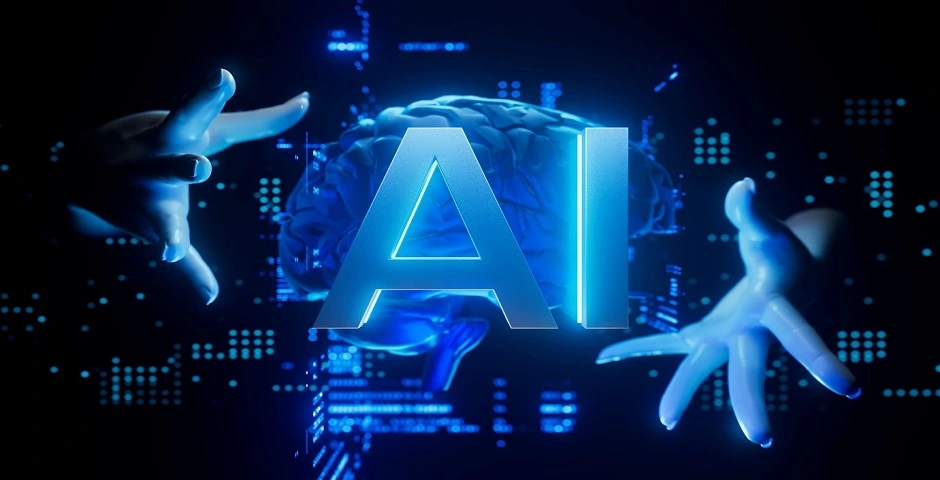
The introduction of the EU Artificial Intelligence Act shows a significant step towards chartering a regulatory foundation for AI technologies. This pioneering development is a fight to have far-reaching associations, particularly for U.S. tech giants who have existed at the forefront of AI innovation.

In this article, we investigate the details concerning this landmark legislation and what it signifies for tech manufacturing.
In a landmark move, the European Union (EU) has popularized the world’s first inclusive set of regulations commanding artificial intelligence. The EU Artificial Intelligence Act, which is set to come into force, aims to determine a regulatory foundation that addresses the ethical and permissible challenges posed by AI sciences.
This legislation marks an important milestone in the global exertions to establish directions for the responsible incident and deployment of AI schemes.
The AI Act encompasses a roomy range of provisions that are designed to advance transparency, responsibility, and ethical use of AI sciences. Some of the key provisions of the act include,
The AI Act prohibits AI wholes that violate fundamental rights, manipulate human attitudes, exploit vulnerabilities in things, or discriminate against crowds. This includes a ban on AI wholes considered extreme risk, such as those second hand in law enforcement, critical foundation, and biometric identification.
The standard mandates transparency requirements for AI schemes, ensuring that consumers are aware they are interacting accompanying an AI rather than a human. Additionally, planners and providers are obligated to assert detailed proof of the AI system’s functioning and efficiency to ensure accountability and traceability.
The AI Act stresses the importance of data quality and safety by requiring AI providers to use prime training data, avoid bias, and take measures to protect data privacy. Companies must implement safeguards for fear of the misuse or unauthorized approach of data secondhand in AI systems.
Society stresses the need for human oversight in AI systems, specifically those classified as extreme risk. It mandates that human manipulators can happen, override, or bring to an end AI systems for fear of potential harm or errors.
The AI Act establishes a supervisory framework for AI schemes, requiring providers to obey certification processes to ensure their plans meet legal standards. Non-compliance can influence penalties and fines, underscoring the significance of adherence to the regulation.
The introduction of the AI Act transfers significant suggestions for U.S. tech giants, the ones that have been at the prominence of AI innovation. Companies in the way that Google, Microsoft, and Amazon are likely to face challenges in obeying the rigid regulatory requirements described by the EU statute. Some of the key implications for U.S. tech giants involve
The strict agreement requirements of the AI Act are expected to influence increased agreement costs for U.S. tech guests. These companies will need to purchase robust AI government frameworks and agreement mechanisms to ensure devotion to the new regulations.
The supervisory burden imposed on one AI Act may impact the ambitious landscape for U.S. tech giants in the EU market. Companies that abandon to comply with the statute risk facing bulky fines and reputational damage, potentially moving their market vicinity in the region.
The stringent supervisory regime can pose challenges for innovation in the AI sector. U.S. tech giants may face disadvantages in deploying cutting-edge AI technologies in the EU advertise due to the agreement requirements of the measure.
The implementation of the first important AI law sets a criterion for global AI regulation and underlines the importance of worldwide collaboration in addressing AI-related challenges. U.S. tech giants must join with managers, policymakers, and industry stakeholders to navigate the evolving supervisory landscape and guarantee compliance accompanying diverse supervisory frameworks.
While the act aims to promote accountable AI development and deployment, it again poses challenges for U.S. tech giants operating in the EU market.
As guests navigate the complicatedness of the new regulatory countryside, they need to prioritize agreement and ethical concerns in their AI practices. Only by embracing transparency, accountability, and accountable innovation can U.S. tech giants develop in the evolving AI regulatory surroundings. Contact Proxy Job Support for more information.